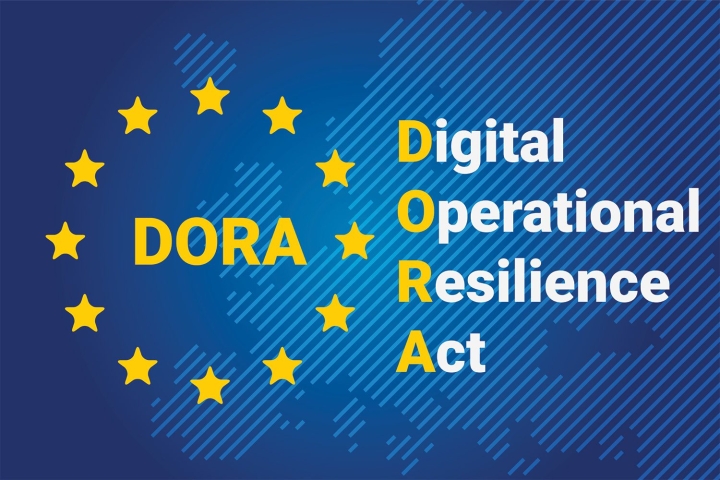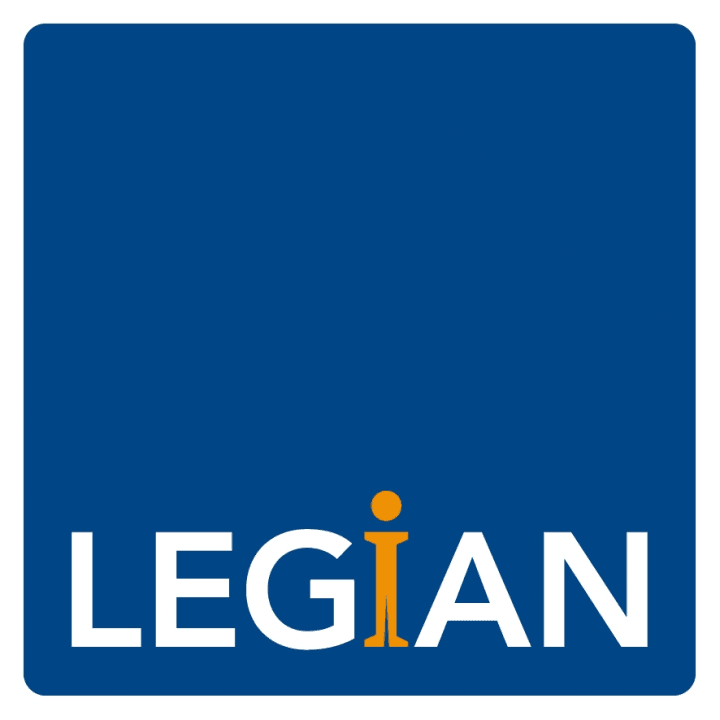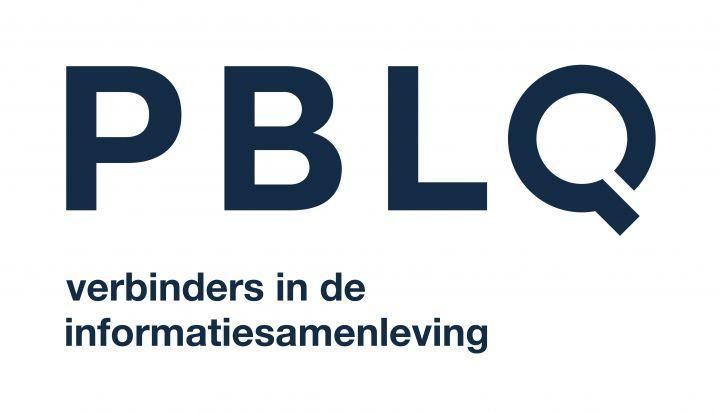Topic
Governance & compliance
Regulatory compliance describes the goal that organisations aspire to achieve in their efforts to ensure that they are aware of and take steps to comply with relevant laws, policies, procedures and regulations. Due to the increasing number of regulations and need for operational transparency, organisations are increasingly adopting the use of consolidated and harmonized sets of compliance controls. This approach is used to ensure that all necessary governance requirements can be met without the unnecessary duplication of effort and activity from resources.
Complying with regulation is a key element of a good governance process. Governance comprises of all processes of governing – whether undertaken by the government of a state, by a market, or by a network – over a social system (family, formal or informal organisation, a territory or across territories) and whether through the laws, norms, power or language of an organised society. Governance relates to interactions and decision-making processes between actors when facing collective problems. These processes lead to the production or reproduction of social norms and institutions. To keep an organisation on track, departments that are often involved include internal audit, compliance, risk, legal, finance, IT, HR and management (business line managers, executives, board).
Related Keywords: leadership, management, governance of risk, risk management, integrity, enterprise risk management (ERM), business intelligence





















